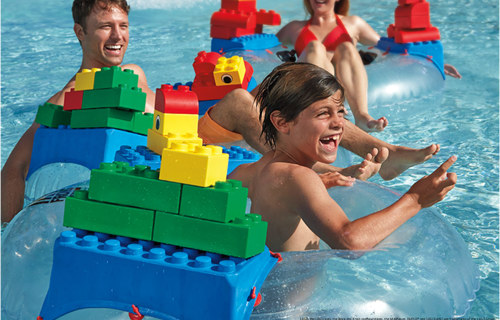
Staying in Dubai for the summer? As the temperature rises you’ll need to stay cool under the Arabian sun and what better way than visit Dubai's best waterparks.
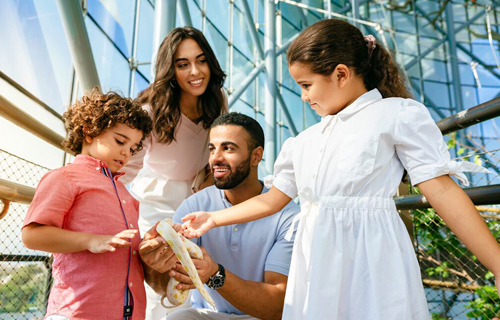
Planning a trip with kids in Dubai? We’ve put together our best family days out to experience in Dubai, to keep the big and littles happy all day long!
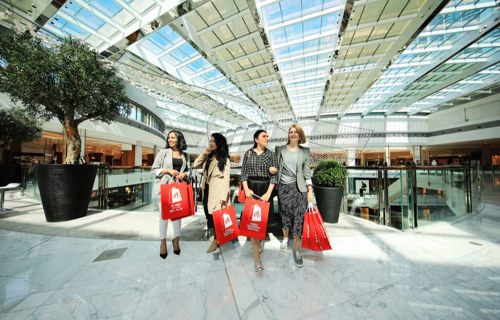
Glittering malls, fabulous boutiques and souks that dazzle you from the moment you step inside. Shopping in Dubai is one of the best experiences in the world.

Sleep is our thing. We're here to ensure all our guests get a great night’s sleep. Staying on your own, with friends or the whole family, we're here to help you rest easy.
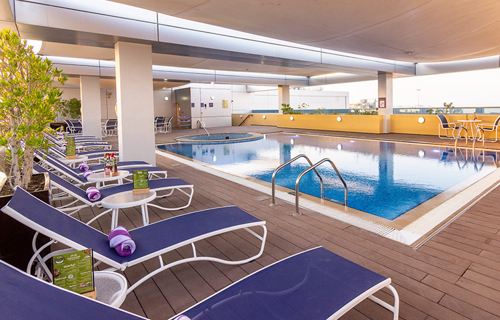
The capital of the UAE, a buzz of cultural activity and host to world-class events all year round. If you’re visiting Abu Dhabi on a budget, here's how to see more for less.
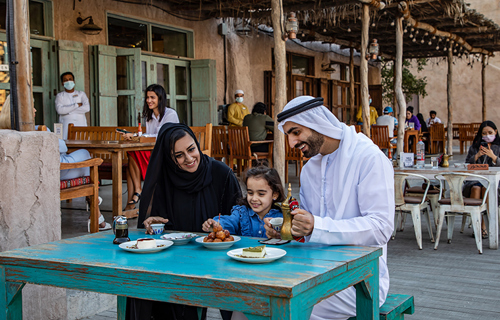
Dubai is known for luxury cars, gold-topped burgers and 7-star hotels, out of reach for travellers on a budget. Here's our ultimate guide to visit Dubai for less.
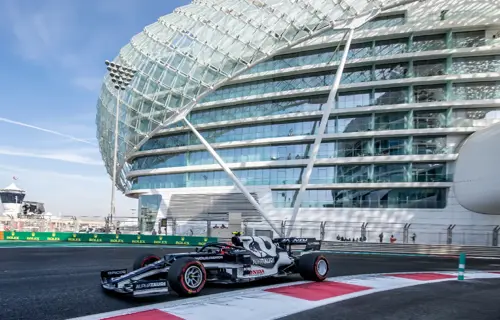
Whether you’re cheering for your favourite team, exploring the world-class attractions nearby, or simply soaking up the vibrant atmosphere, here’s everything you need to know to make the most of your Abu Dhabi Grand Prix adventure, from 5-7 December 2025.
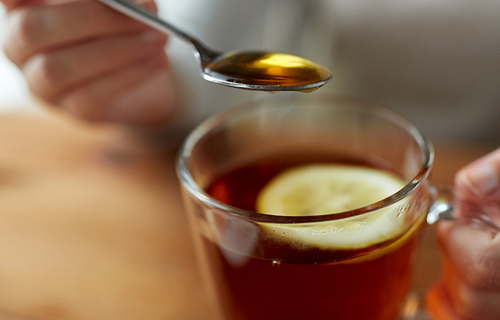
Hungry? Thirsty? If you’re craving a midnight snack, we’ve picked out the dishes and drinks that will satisfy your taste buds without disturbing your sleep.
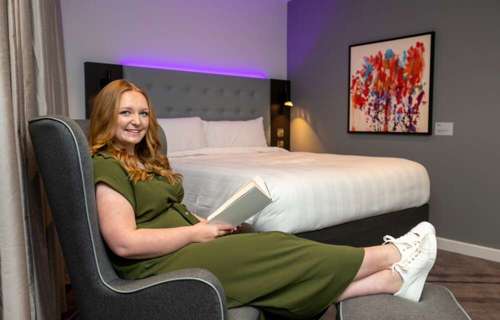
Struggling to drift off and get your full 8 hours of sleep a night? We have solutions to get a great night’s sleep in Dubai.
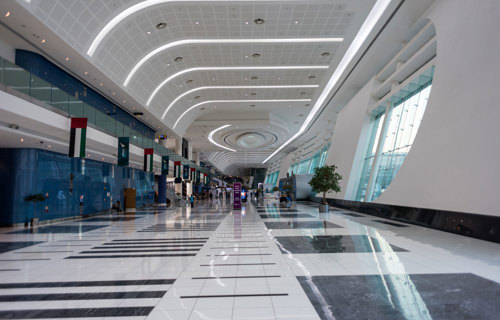
In November 2024, the world leaders in energy production come together in Abu Dhabi for ADIPEC. This is the largest gathering of the most important names in energy.
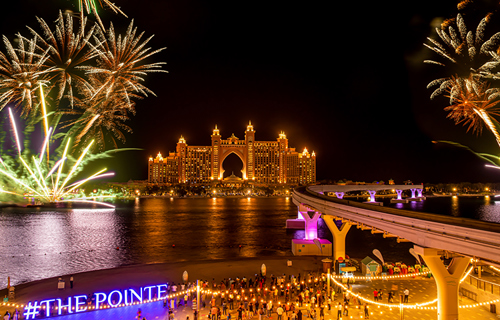
As the clock strikes 12, the skyline will light up with fireworks in Dubai, with residents and tourists ready to welcome in the new year.
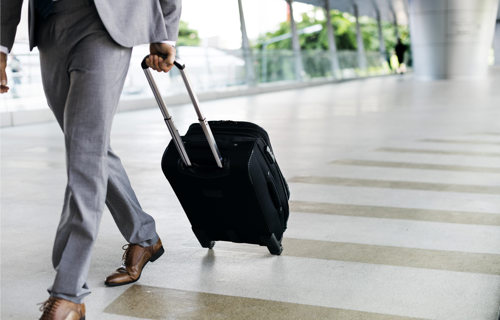
Every day, thousands of people land at DXB and head into the city to make new contacts and strike new deals. Make sure your trip is productive with our top tips.:
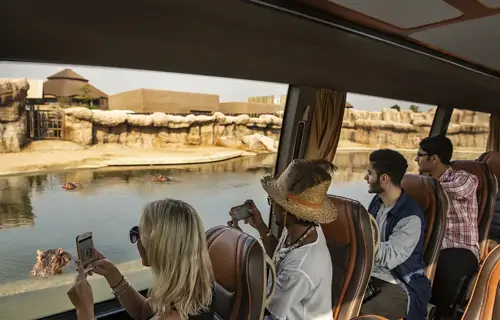
Here’s your go-to guide for a family holiday in Dubai that’s packed with fun, adventure and lots of happy memories.
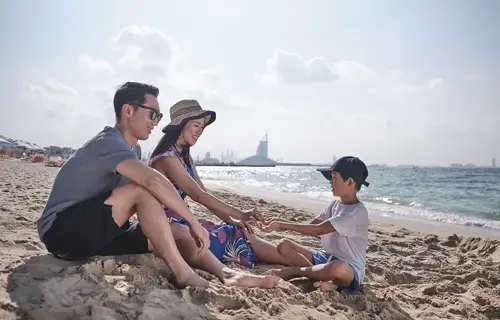
Here’s your guide to a school break in Dubai that will keep the kids entertained, the teens happy and the parents relaxed.
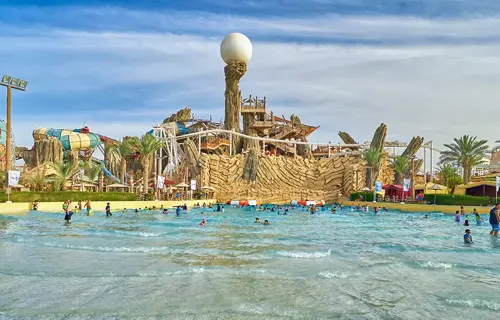
Whether your kids are water-loving adventurers or thrill-seeking car enthusiasts, here’s your guide to the best theme parks Abu Dhabi has to offer.
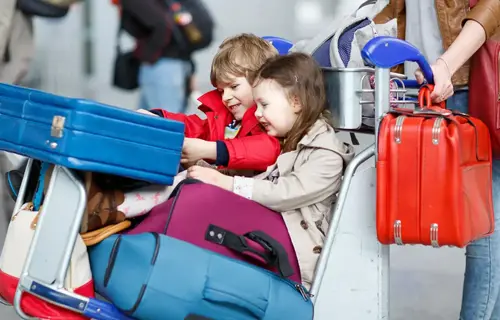
At Premier Inn, we’re all about helping you have a smooth, happy holiday so here’s our guide to keeping things fun and stress-free!

Here’s your guide to some of the most charming ways to make memories together in this dazzling city.
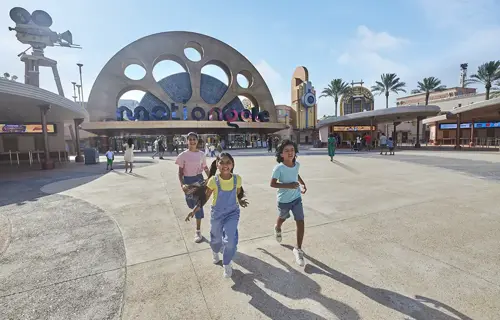
Here’s your guide to the best spots to keep the whole family entertained.

Whether you’re travelling with family, friends or solo, here’s your guide to staying active, refreshed and comfortable all summer long.
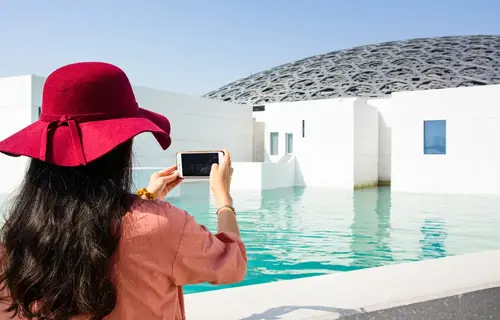
From soaring heights to serene art collections, here are some amazing ways to spoil your mum in Dubai and Abu Dhabi.
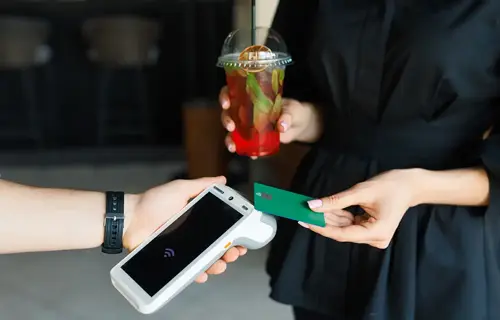
Here’s your guide to understanding when and how much to tip during your time in Dubai or Abu Dhabi.

Whether you’re in the mood for fireworks, family adventures, or a bit of quiet exploration, there’s something for everyone. Here’s your guide to making the most of the festivities.
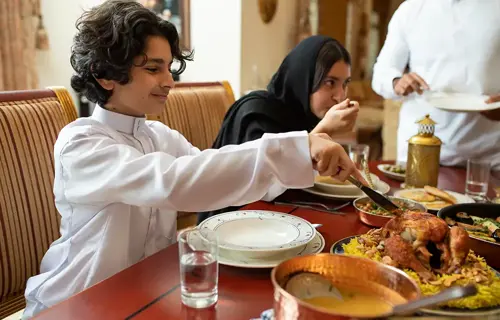
Here’s a guide of what to do and what not to do when visiting Dubai during Ramadan which will help you experience the most of this sacred season while respecting local traditions.

Here’s how to make your Eid holiday unforgettable while staying comfortable with Premier Inn.
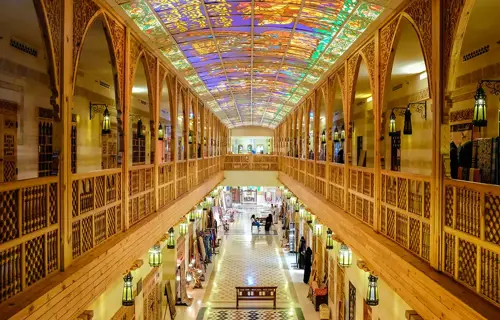
From enjoying Iftar with loved ones to exploring cultural events, here’s how you can truly experience the magic of Ramadan in the UAE.

Visiting the city during Ramadan, the holiest month in the Islamic calendar, gives you a unique chance to experience the culture and spirituality of the region.
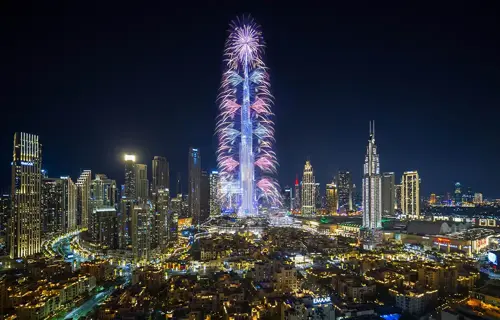
Whether you’re after a lively countdown Downtown or a cosy beachside view, here’s your guide to making the night one to remember.
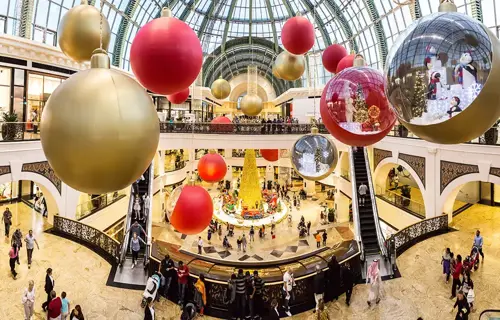
From holiday markets and indoor snow parks to Christmas dinners on the beach, here’s your guide to celebrating Christmas in Dubai, Premier Inn-style!

Here’s your guide to enjoying the best of the holiday season in Dubai.

Heading to the Middle East soon? While English is widely spoken, knowing a few Arabic phrases can add a personal touch to your trip.
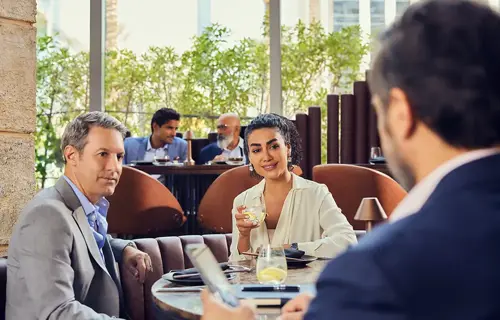
Whether you’re looking for panoramic city views, waterfront dining or a touch of Italian elegance, these restaurants are a great choice for mixing business with pleasure.
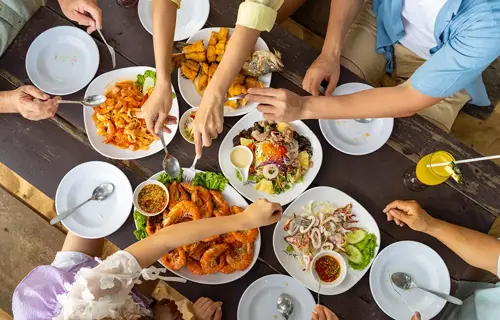
Here’s a roundup of some of the best family-friendly restaurants in Qatar’s capital.
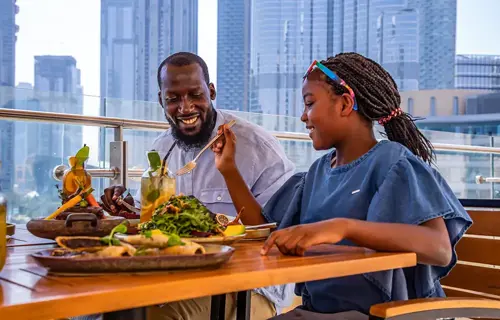
Here’s your guide to some of Dubai’s best family-friendly restaurants, where both kids and adults can enjoy a fantastic meal.
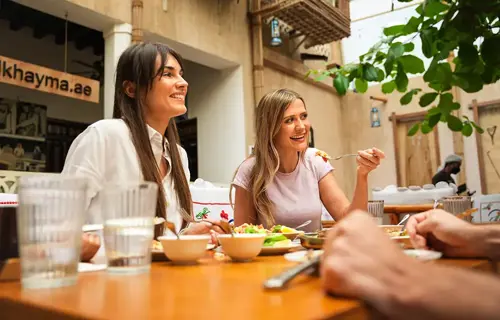
From creative vegan dishes to traditional vegetarian fare, here’s your guide to the best places for a veggie-friendly meal in Dubai.

Starting your day with a hearty English breakfast is a surefire way to fuel up for an exciting day ahead.
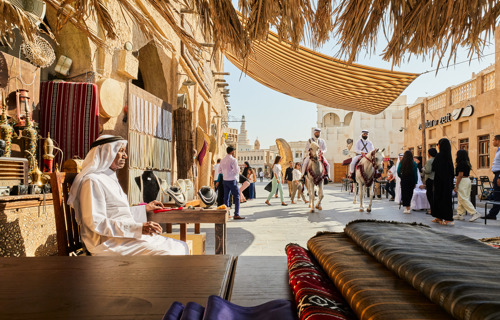
Looking for a family adventure in Doha?
Qatar’s capital is a brilliant blend of traditional and modern fun, with plenty of family-friendly spots that everyone will love.
Whether you’re strolling through colorful markets, splashing at a water park, or soaking up the city’s rich culture, here are our top picks for family activities in Doha that promise to make your trip unforgettable.
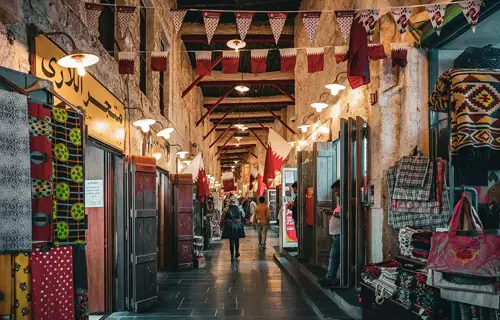
This city is a fascinating blend of tradition and modernity, where ancient forts meet futuristic skylines.
Whether you’re visiting for the history, the culture, or just to soak up the views, here’s your guide to exploring Doha’s best spots.
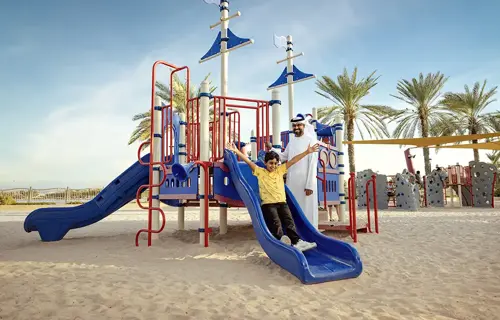
Want to escape the hustle and bustle of city life?
Dubai, Abu Dhabi and Doha are filled with green spaces and scenic spots perfect for family days out, sunset strolls and outdoor fun.
Here’s your guide to the best parks and outdoor escapes near Premier Inn hotels that are ideal for a memorable day out.
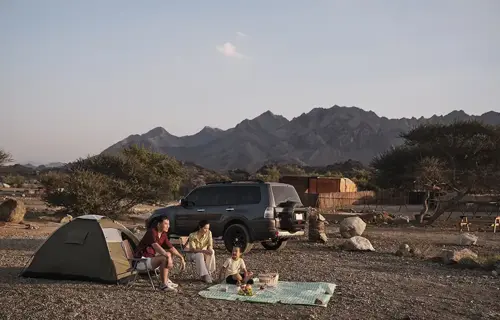
If you’re looking for a change of scenery, camping in the UAE is an experience like no other!
Whether you’re setting up near a peaceful lake, exploring dramatic desert dunes, or enjoying the mountain air, there’s a camping spot in the UAE to suit everyone.
Here’s our roundup of the best spots to connect with nature and soak in the beauty of the Emirates.
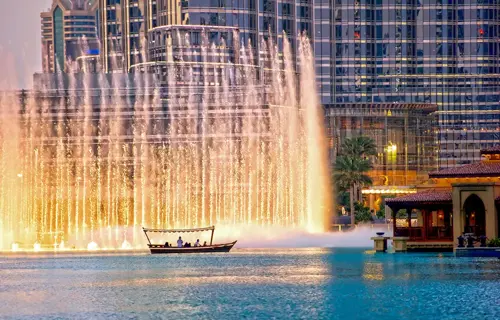
Dubai isn’t just a place that shines in the day. The city truly comes alive after the sun sets!
From vibrant shopping spots and live entertainment to breathtaking desert experiences, Dubai offers endless options for nighttime exploration.
Here’s our guide to making the most of Dubai after dark.
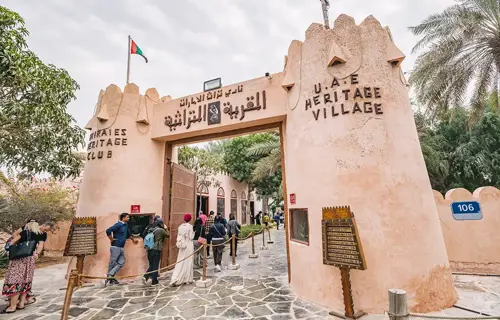
Exploring Abu Dhabi doesn’t have to come with a hefty price tag.
From cultural sites to scenic strolls, the city offers endless ways to experience its beauty and history without spending a dirham.
Here’s your guide to enjoying the best of Abu Dhabi, from timeless landmarks to hidden gems.
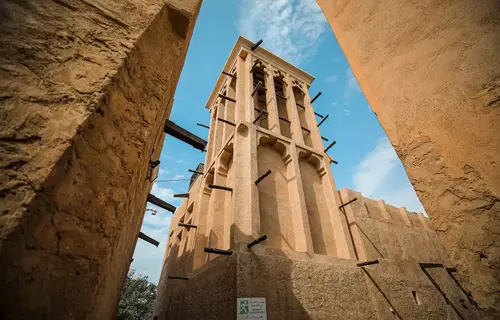
Dubai might be known for its luxury, but you don't need to spend big to experience the best of the city.
There are plenty of incredible things to do without spending a dirham.
Whether you want to explore the city’s history, relax on the beach, or enjoy some live entertainment, here's a selection of the best free activities in Dubai.

Think Dubai is just about luxury? Think again!
With some careful planning, you can enjoy the vibrant city without breaking the bank.
From budget-friendly stays to affordable eats and free activities, here’s how to make the most of Dubai on a budget.

Abu Dhabi isn’t just about glitz and glamour - its natural beauty is just as captivating.
From the enchanting mangroves to tranquil wetlands and desert oases, Abu Dhabi offers a chance to unwind and reconnect with nature.
Here are our top picks to explore the UAE’s stunning natural side.

Whether you’re ready for a splash-filled day with the family or a chilled-out afternoon by the pool, the UAE is packed with amazing places to swim and unwind.
Here are some of our favorite beaches, pools and waterparks across Dubai and Abu Dhabi that are perfect for cooling off on a hot day.
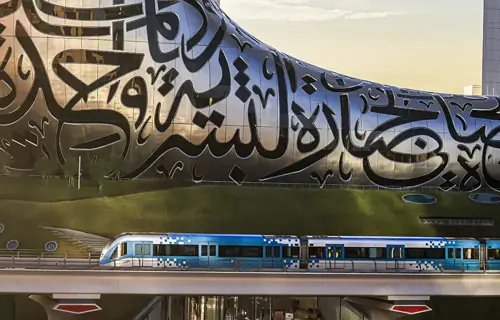
Planning a Dubai adventure? With its golden beaches, breathtaking skyscrapers and endless charm, Dubai is a city that has something for everyone Here’s a quick guide to help you settle in and make sure that your stay is stress-free and full of memorable moments.
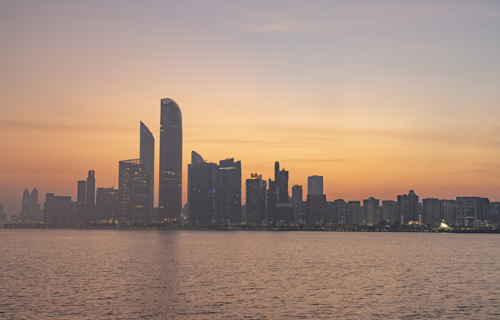
Abu Dhabi is where rich history meets modern wonder. A trip to the UAE’s capital city promises iconic sights, natural beauty and thrilling experiences.
Only have three days to explore? That’s no problem. Here’s how to make every moment count in this incredible city!
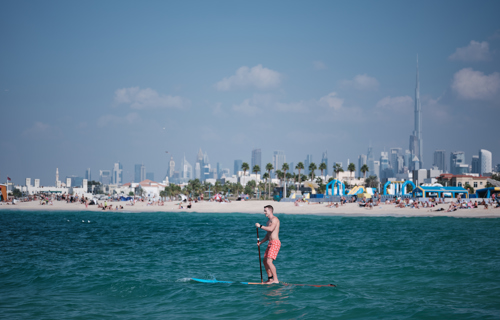
If you’re looking for heart-racing experiences, you don’t have to travel to places like New Zealand or the Himalayas. Right here in the UAE, you’ll find some of the world’s top adventure activities.
From skydiving over iconic landscapes to the world’s longest zip line, here’s your guide to the best thrill-seeker activities in the UAE!

Dubai is known for its luxury and iconic architecture, but it’s also a playground for thrill-seekers!
From sky-high views to exhilarating desert escapades, there are endless ways to add a dash of adventure to your Dubai trip.
Here are five must-try experiences that’ll make your Dubai bucket list truly unforgettable.
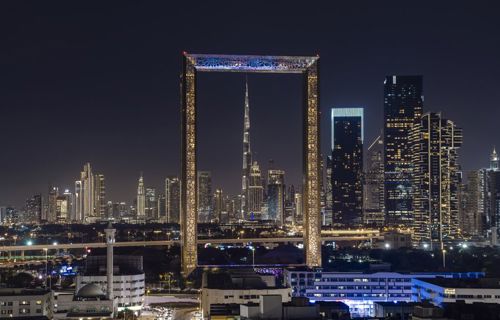
Looking for the best places to holiday in the UAE?
From glamorous city escapes to peaceful desert oases, the UAE has it all.
Whether you’re planning a family getaway or a solo adventure, here are our top spots to make the most of your time in the Emirates.
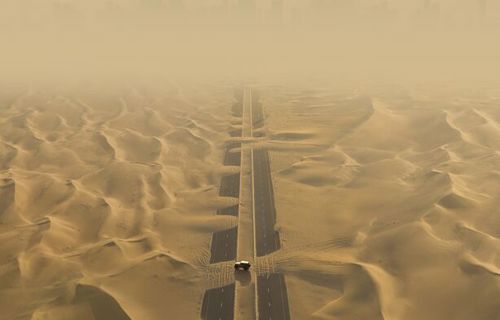
If you’re ready for an adventure, the UAE is your perfect destination!
With towering mountains, endless deserts and breathtaking coastlines, there’s so much to explore.
The country’s smooth, well-maintained roads make it easy to set off on a journey and at the end of each day, you can relax in comfort and style.
Here’s a guide to some unforgettable road trips in the UAE.
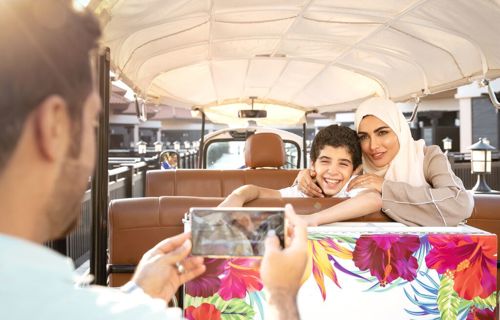
Travel is all about making memories and what better way to capture those memories than with beautiful photographs?
Whether you’re using a smartphone or a professional camera, these simple tips will help you take shots you’ll cherish for years.
So grab your camera, pack your creativity and let’s get snapping!
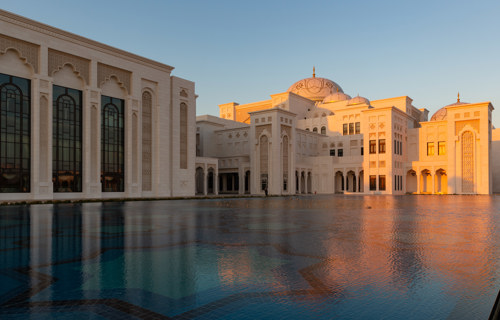
Ready to dive into the best of Abu Dhabi?
This is a city where rich tradition meets incredible luxury and where every corner offers something unique.
From the world-famous mosque and museums to beautiful beaches and exciting family attractions, there’s something in Abu Dhabi for every kind of traveller.
Whether you’re visiting the city to relax, explore or experience a bit of everything, these must-visit spots will help make your Abu Dhabi trip truly memorable.
Let’s jump into all the unforgettable things waiting for you in the UAE’s dazzling capital.
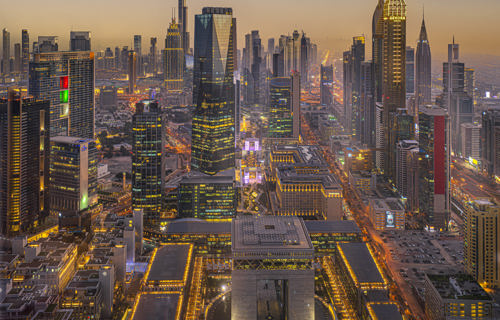
The Premier Inn Guide to Dubai’s Top Attractions
Dubai is packed with incredible experiences for everyone. From world-famous landmarks to cultural treasures, the city has something for every type of traveller.
As you arrive at Dubai International Airport, start your trip smoothly with Premier Inn’s free shuttle service, taking you right to Premier Inn Dubai International Airport Hotel.
After checking in, why not kickstart your day with a delicious coffee from Costa Coffee?
Then, hop on Premier Inn’s free and convenient shuttle to go and explore Dubai’s top sights.
Here’s a guide to some of Dubai’s must-see spots to help you make the most of your visit.

Planning a business trip to Dubai? The city is not only a global business hub but also deeply rooted in its cultural traditions.
To make a great impression and ensure your meetings run smoothly, it’s essential to understand local business etiquette and adapt to the customs.
Here’s your guide to navigating the business landscape in Dubai.
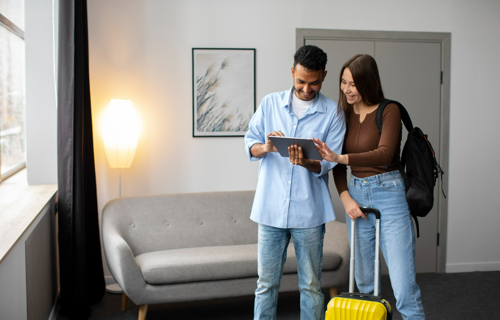
Looking for a stay in the UAE that’s easy on the wallet but doesn’t skimp on comfort?
You’re in the right place! Finding a great, budget-friendly hotel doesn’t mean giving up on those little extras that make a trip memorable. Here’s how to choose the best affordable hotel while still enjoying quality and convenience.
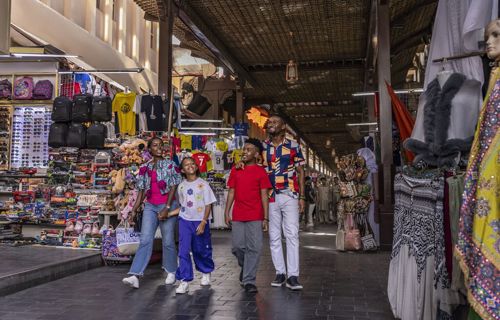
The United Arab Emirates may be famous for its luxurious lifestyle, but you don’t need a big budget to enjoy this fascinating destination.
With a little know-how and these tips, you can experience the culture, hospitality and stunning sights of the UAE without overspending.
Here’s how to make your trip memorable while staying on budget.
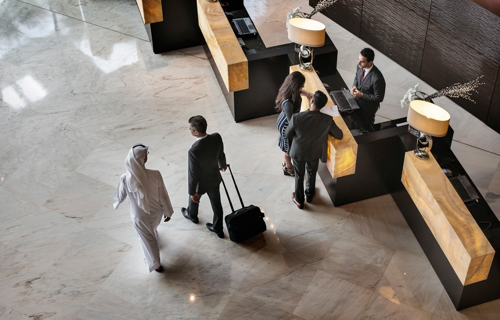
Planning a business trip can feel overwhelming, especially when you’re juggling meetings, flights and schedules. With some preparation and the right tools, you can make your journey smooth and productive. Here’s your go-to guide for staying organised, stress-free and ready to impress during your next work trip.
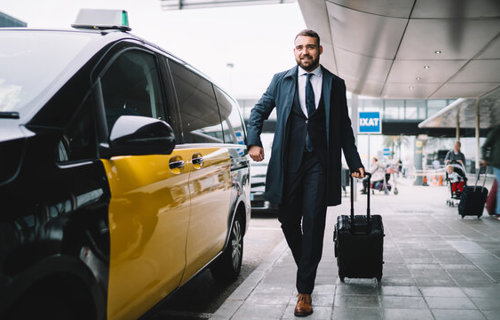
Planning your next business trip? Whether it’s organizing your itinerary, navigating a new city, or keeping track of expenses, these smart travel apps are here to make your life easier. With everything from flight tracking to currency conversion, these are the must-have tools for stress-free business travel.

Jet lag—also known as flight fatigue—can put a dampener on your trip, especially if you’re crossing multiple time zones. But with the right approach, you can minimise its effects and enjoy your travels to the fullest.
Here’s your guide to beating jet lag and feeling your best, no matter where your journey takes you.
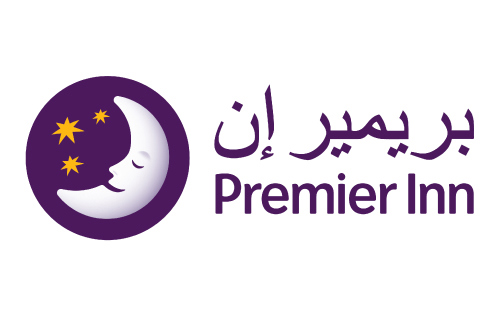
When travelling to the UAE (or Qatar), staying at an airport hotel can make your trip smoother and more enjoyable. Whether you’re planning a business trip, a short stopover, or simply want to avoid the stress of early morning flights, Premier Inn airport hotels in Dubai, Abu Dhabi and Doha offer convenience, comfort and excellent value.
Here are six reasons to check in to a Premier Inn airport hotel.
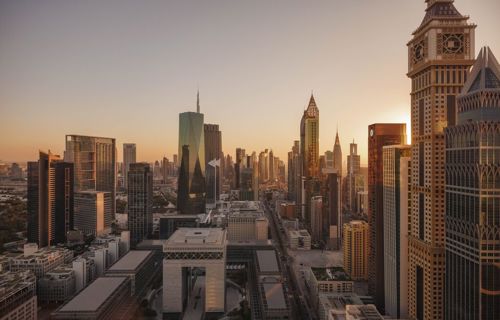
Looking to experience Dubai without breaking the bank?
Despite its reputation for luxury, there are countless ways to enjoy the city on a budget. From budget-friendly accommodations to free attractions, here’s your ultimate guide to discovering Dubai without spending a fortune.
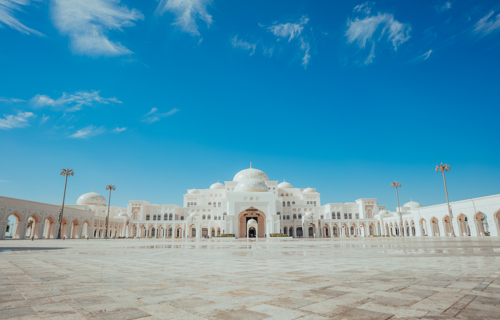
Abu Dhabi, the bustling capital of the United Arab Emirates, offers a delightful blend of modern attractions and cultural heritage. While it’s known for luxury resorts and glamorous experiences, you don’t have to spend a fortune to enjoy everything this city has to offer.
Here’s your guide to exploring Abu Dhabi on a budget while making the most of its unique charm.
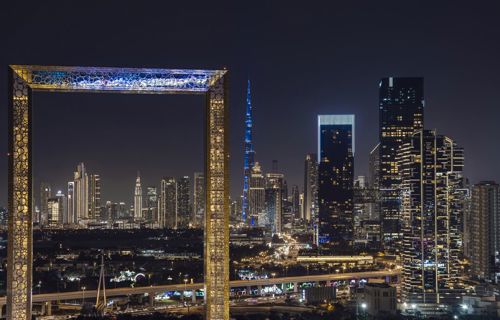
Winter in the UAE is a magical time to explore all the region has to offer. From mild temperatures to world-class events, it’s the perfect season to discover iconic landmarks, enjoy festive celebrations and experience the warmth of Arabian hospitality. Whether you’re planning a getaway to Abu Dhabi, Dubai, or one of the neighbouring emirates, here’s how to make your winter staycation unforgettable.
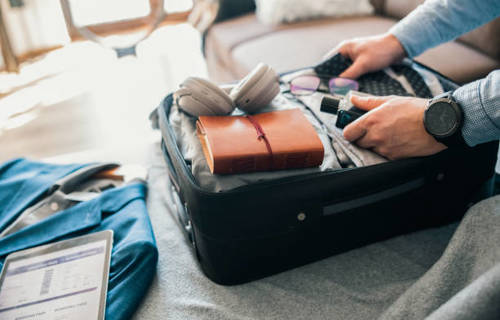
Packing might not be the most exciting part of your trip but getting it right can make your holiday so much smoother. Whether you’re a seasoned traveller or it’s your first big adventure, the secret is in the planning. Packing smartly means bringing everything you need without overloading your bags—or exceeding those pesky luggage limits! Here’s how to pack like a pro.
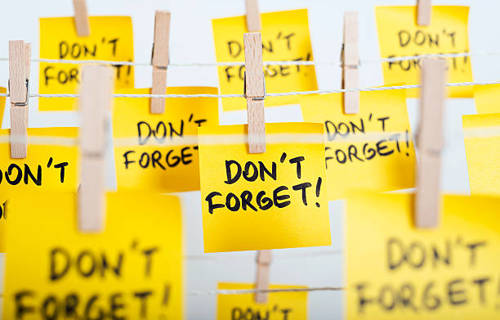
Planning your next holiday, business trip or staycation? Choosing the right hotel can make all the difference to your experience. From finding the best deals to ensuring your health and safety, here are five essential tips to keep in mind when booking your stay.
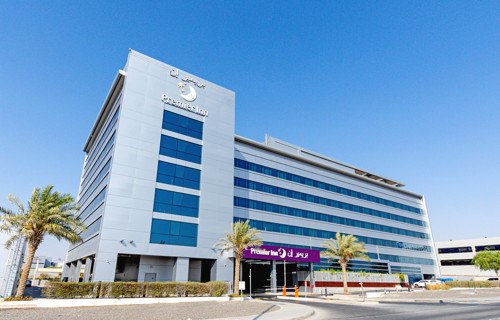
Planning a trip to Abu Dhabi?
Whether you’re passing through for a stopover, visiting for business, or ready to explore the vibrant capital of the UAE, Premier Inn Abu Dhabi Airport (Business Park) Hotel is the perfect place to stay.
With everything you need right on your doorstep, it’s a great choice!
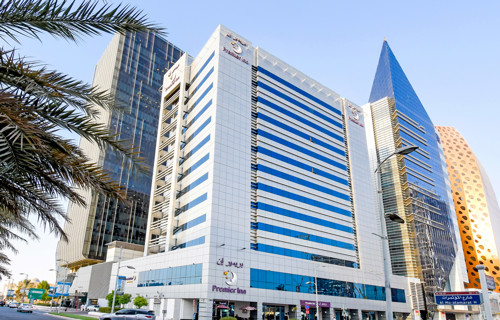
Planning a visit to Abu Dhabi?
Whether you’re here for business or a well-deserved break, Premier Inn Abu Dhabi Capital Centre is the perfect base.
With a blend of comfort, great value and a location close to all the action, you’ll have everything you need for a memorable stay.
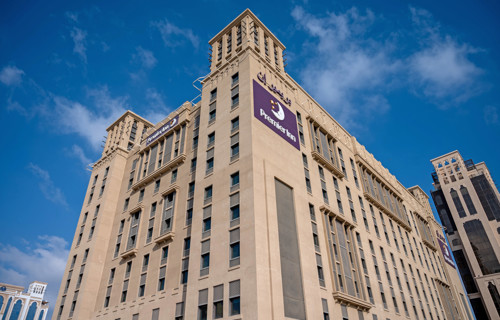
If you’re looking for a hotel that combines convenience, great facilities and excellent value, Premier Inn Dubai Al Jaddaf is the perfect choice. Nestled in the Culture Village of Al Jaddaf, this modern hotel is a fantastic base for exploring Dubai’s vibrant attractions, whether you’re here for business, leisure, or a bit of both.
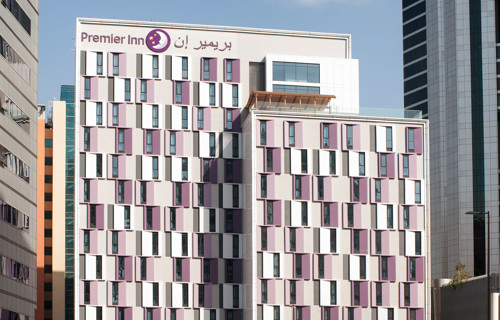
Looking for a hotel that’s right in the heart of Dubai?
Premier Inn Dubai Barsha Heights is perfectly placed to keep you connected to the city’s top attractions and business districts. Whether you’re here for work, play, or a little bit of both, this hotel has you covered.
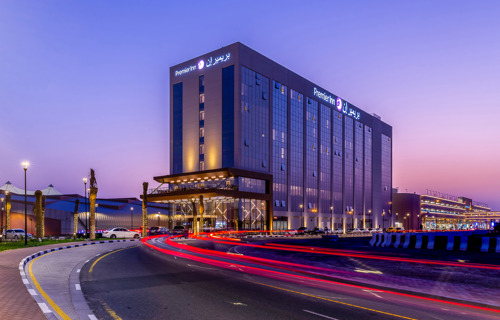
If you’re looking for a hotel that combines comfort, convenience and great value, Premier Inn Dubai Dragon Mart is an excellent choice. Situated in one of Dubai’s most bustling neighbourhoods, this modern hotel places you at the heart of Dragon City, offering a perfect base for business, leisure, or family adventures.
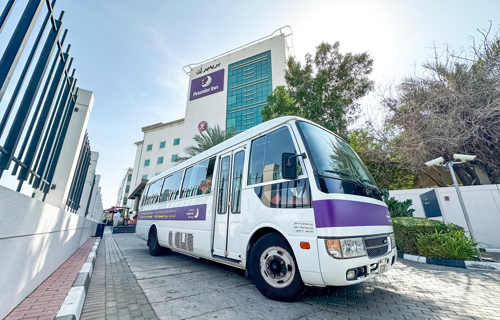
When travelling through Dubai, finding a hotel that combines convenience, comfort and value can make all the difference.
Whether you’re in the city for a quick stopover, on business, or here for a longer stay, Premier Inn Dubai International Airport offers the perfect solution to make your journey stress-free and enjoyable.
Located directly opposite Terminal 3, the hotel is a fantastic choice for those with early flights, late arrivals, or a packed itinerary. Forget the hassle of navigating rush-hour traffic or arriving jet lagged. Premier Inn puts you just moments away from Dubai International Airport with a free shuttle service running every 30 minutes between Terminals 1 and 3.
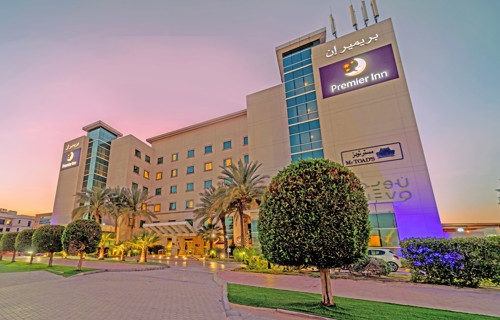
If you’re searching for a hotel that combines comfort, value and excellent accessibility, Premier Inn Dubai Investments Park is the perfect choice.
Whether you’re visiting for business or leisure, this hotel has everything you need to make your stay enjoyable and stress-free.
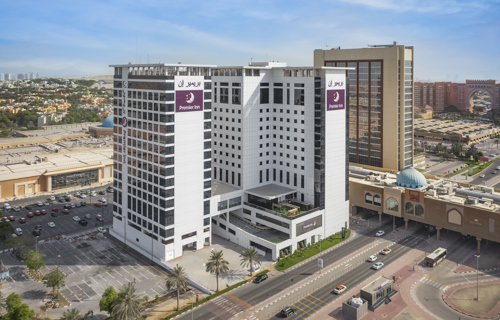
Looking for a hotel that combines comfort, convenience and a fantastic location? Premier Inn Dubai Ibn Battuta Mall Hotel is the perfect base for exploring Dubai. Whether you’re in Dubai shopping, sightseeing or a relaxing break, this hotel offers everything you need for a memorable stay.
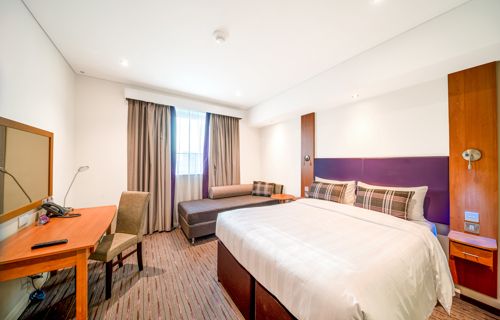
If you’re looking for a hotel that offers comfort, convenience and unbeatable value, Premier Inn Dubai Silicon Oasis ticks all the boxes. Whether you’re visiting for business, travelling with family, or simply exploring Dubai, this hotel has everything you need for a memorable stay.
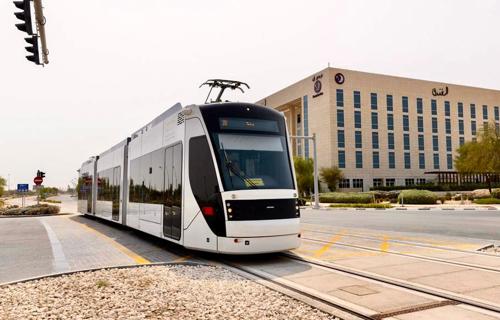
Discover the heart of Doha’s Education City, where modernity meets culture. With Premier Inn Doha Education City as your base, you’ll be perfectly placed to explore this vibrant hub of art, education and science. Whether you’re here for business, leisure, or a bit of both, there’s plenty to see and do.